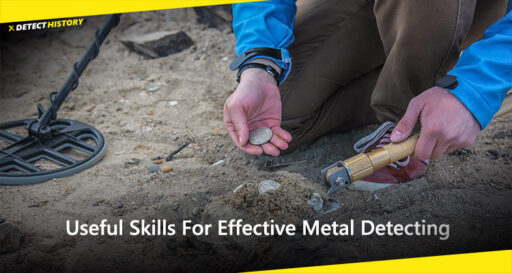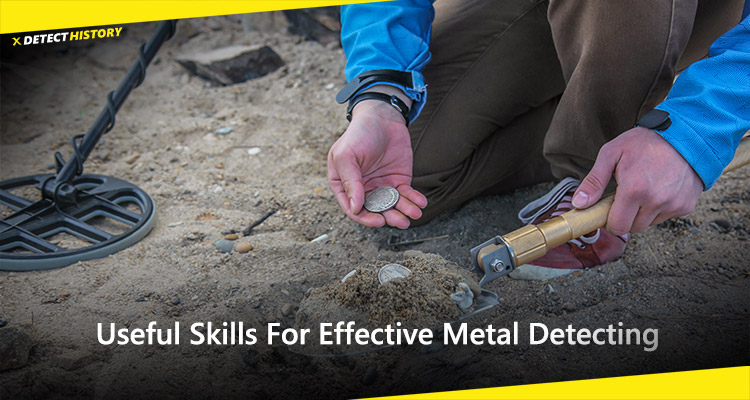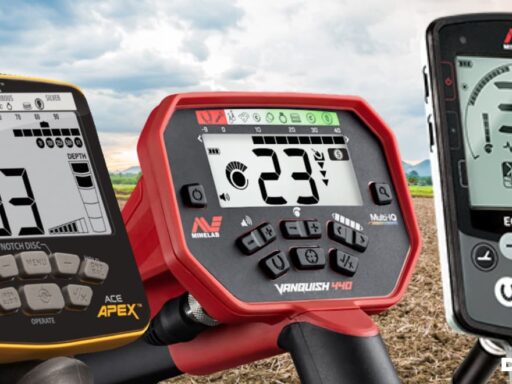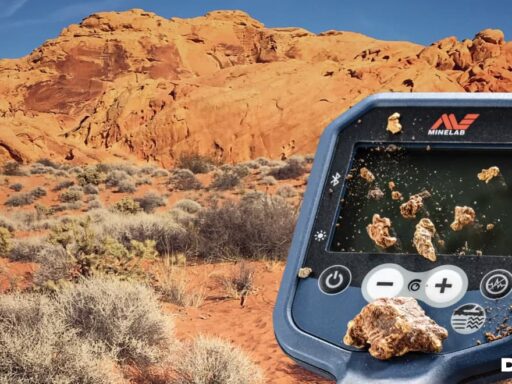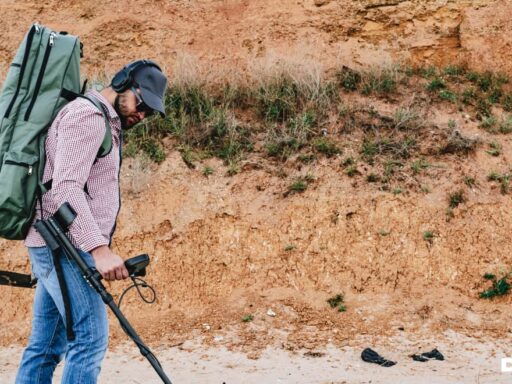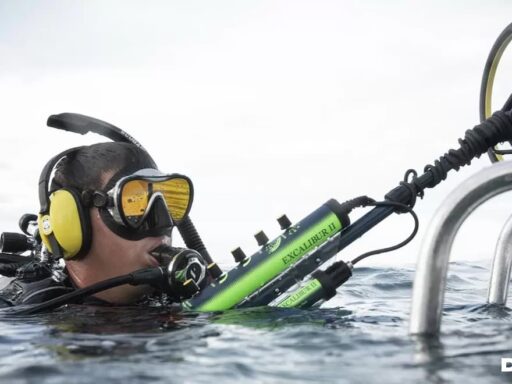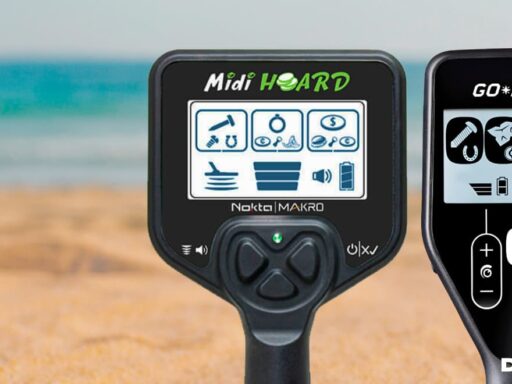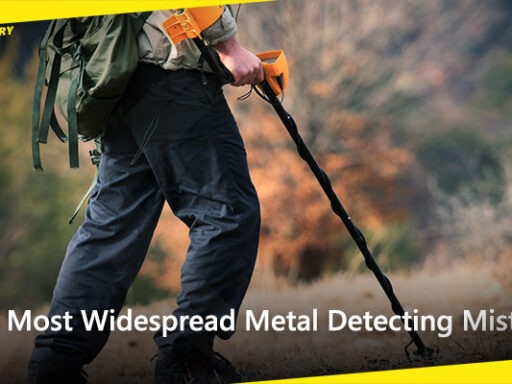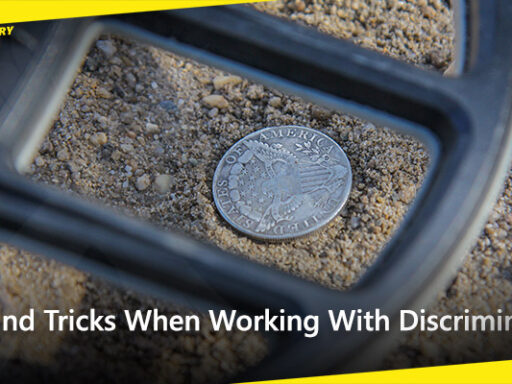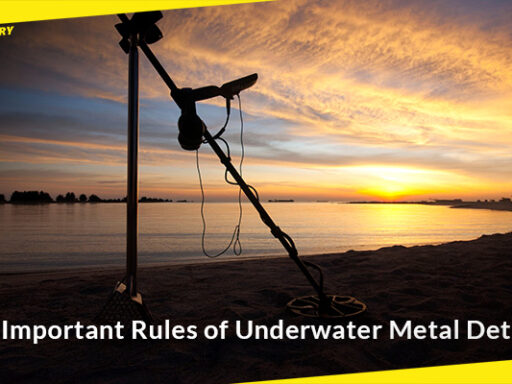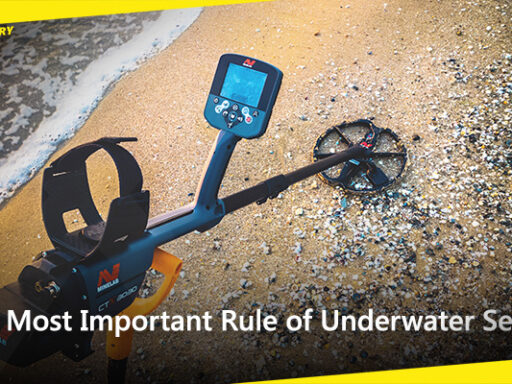Those detectorists who has already managed to collect some practical expertise have a list of useful skills and tips that make detecting more efficient. While some of those tips are really simple and almost obvious, few people manage to apply them in practice that successfully. Without any doubt, half of success depends on the metal detector, its functions, and the ability of the user to tune the necessary features correctly, so yeah, high quality and appropriate metal detector is a must. Yet, the tactics of search plays a decisive role in detecting. A newbie with knowledge of theory, and with the most advanced machine on the market, will not be able to spot as many finds as an experienced treasure hunter with his old and reliable device.
The Most Important Skills To Learn
While having your detector properly chosen and set is crucial, since otherwise you are doomed for fail, knowing how to search correctly, and what other skills will make detecting more productive, is super important.
Marking
For a productive search, especially if the location is not trashy, you have to comb through it really thoroughly. This is especially true if you suspect different targets on different depths, or maybe you expect targets of different types. This means you will have to change the frequencies, search modes, and other settings, and comb through the same location at least twice. Newbies may find this boring, but this is how experts work.
Now, the best idea in this case is to divide the location into smaller patches and comb through them one by one. Obviously you won’t tie ropes around each patch like archaeologists do, but use your imagination. You can make notice of small features, like a rock or a bush. You can also take several small stones and mark the patches with these stones. Such approach will allow you to be systematic in your search, and spot more finds with thorough combing.
We recommend you read this: Best Metal Detectors for Beginners Review
Speed
Speed is literally crucial. Moving too fast, the detectorists increases their chances of missing something really interesting, because the detector won’t have enough time to react properly, or, even if it reacts, the seeker most probably won’t just pay attention to a short signal. So, do not rush around, move slowly, and don’t throw the coil about, listening carefully to all signals.
Working with the Coil
Pressing the coil against the ground won’t give you better results, or bigger depth of reach. So don’t rub the coil against the ground, because you will only hear fake signals from stones, mineralized soil, and grass. Holding the coil in 2-3 inches above the ground, especially if there is high grass, is the most effective manner of detecting. Only if you work on really clean location like wild sandy beach, you can move the coil really close to the surface.
Experimenting
While experimenting means acting against the systematic and thorough approach, such activity can bring two positive results. The first is suddenly finding something interesting where you did not expect it, and the second one is exploring the metal detector performance better in unusual situation. Also, when you do not seek anything in particular, and do not have expectations about productivity of this particular search session, you can play with the settings, and see how it all goes.
Conclusion
Metal detecting, as every other hobby, is all about constant learning. If you want to master it, and spot some outstanding finds, be ready to learn and experiment.
